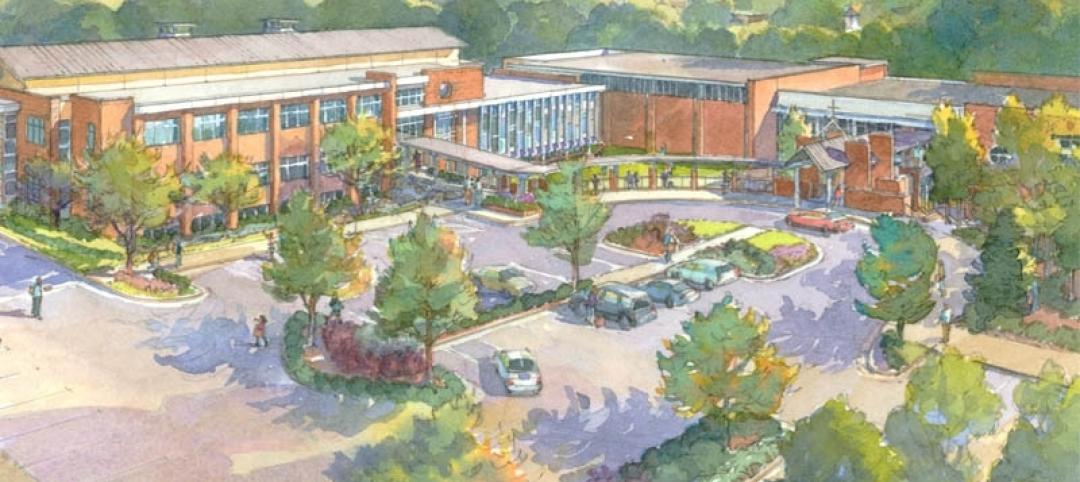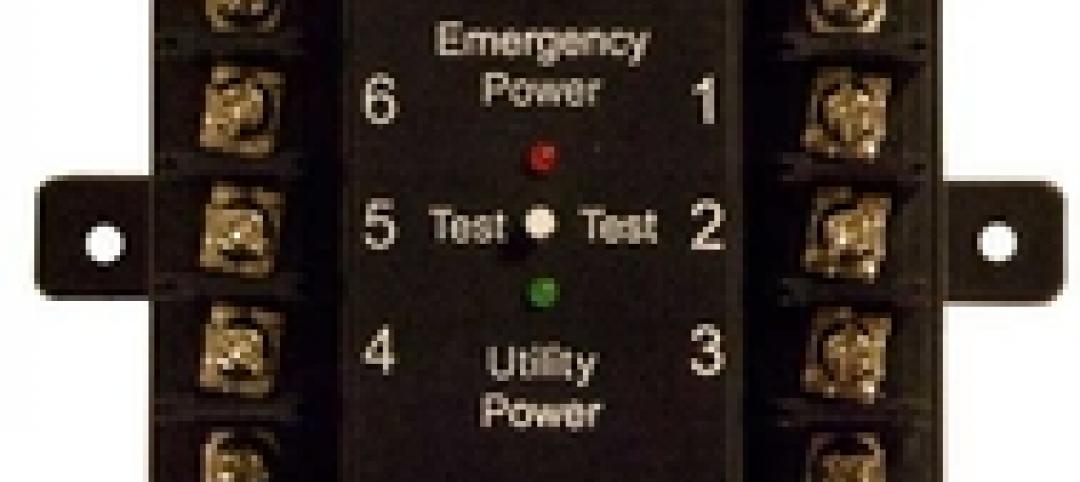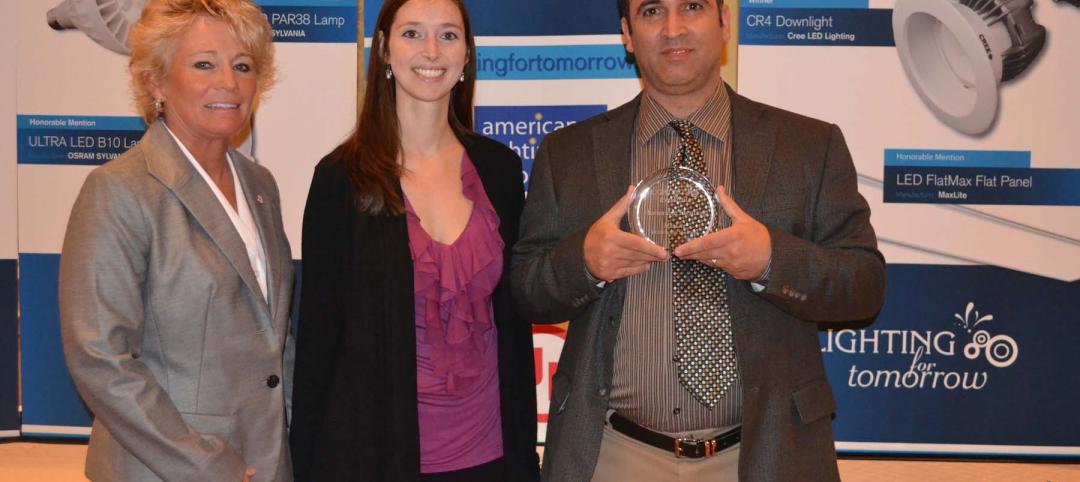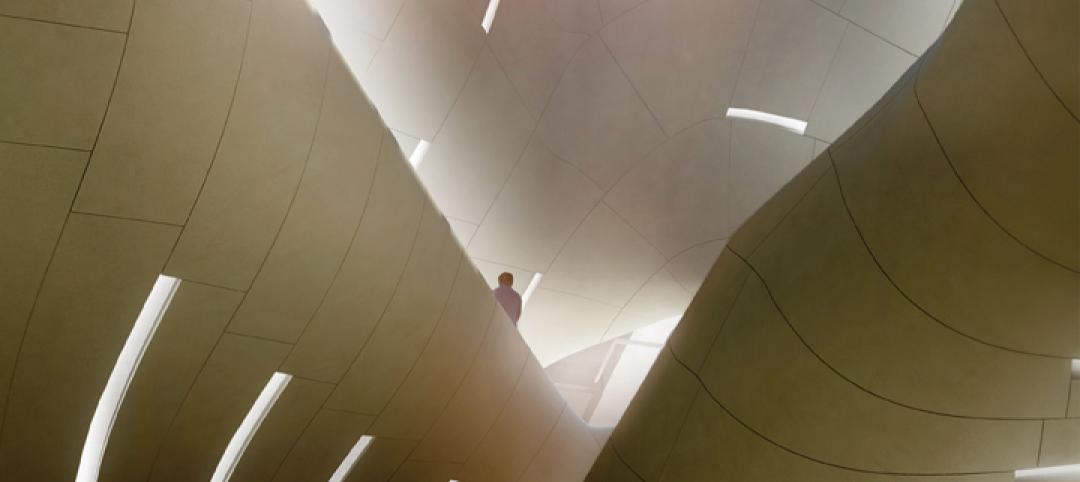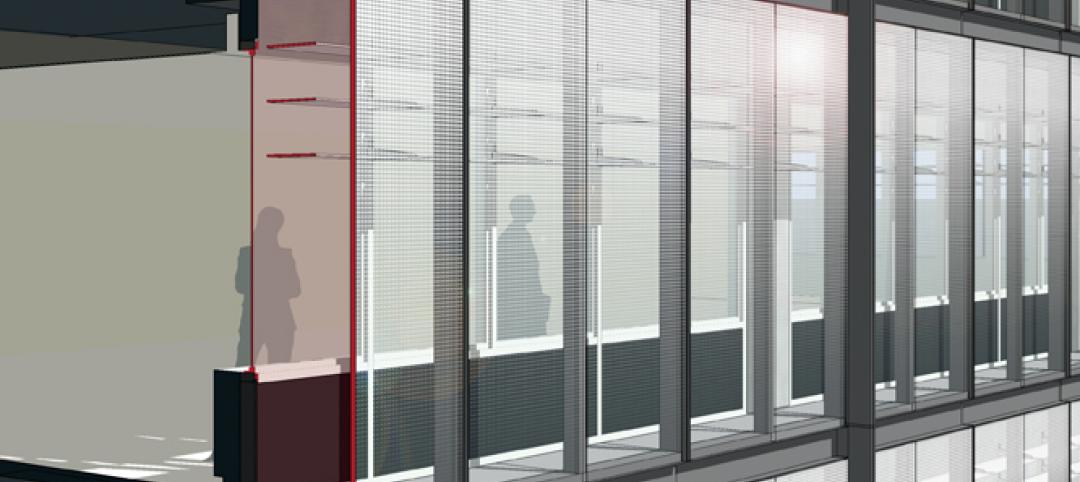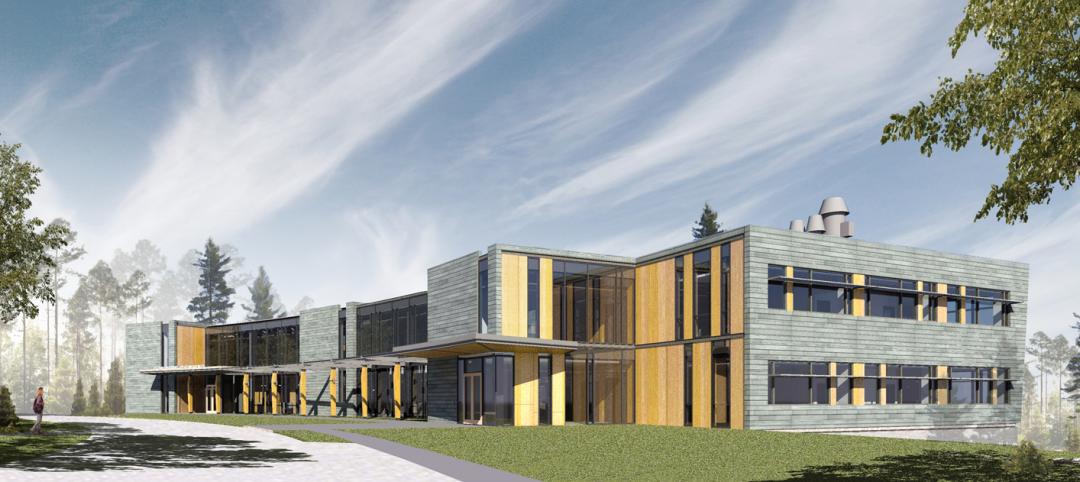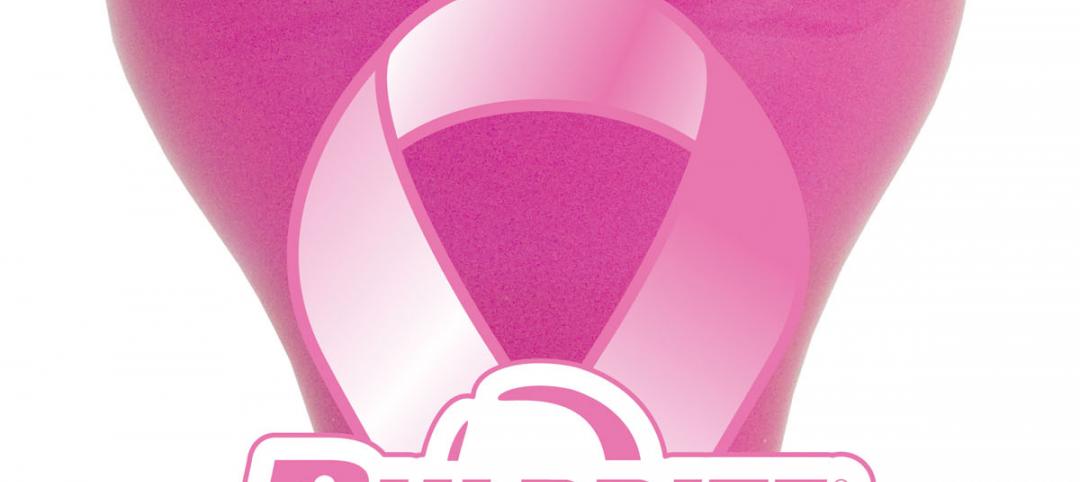A 400-acre site on the outskirts of Denver will be home to a mixed-use neighborhood heralded as one of the most innovative neighborhoods in development in the United States. Peña Station Next will act as a test lab for a multitude of new technology including transparent TVs, advancements in smart kitchen technology, and an intelligent bus stop with self-driving buses.
Panasonic is partnering with the city of Denver on the project and is providing the technology that will be used in the neighborhood.
The transparent television, for example, was shown off by Panasonic at CES 2017 and, essentially, transforms a clear window or an opaque surface into a TV screen, the Denver Post reports. Panasonic showed off working models of the TV technology that included the door of a sake-wine cellar refrigerator, a tabletop, and windows.
Many of the advancements Panasonic is looking to make to already intelligent kitchens are geared toward automating the process of cooking a meal as much as possible. Selecting a recipe on the sake fridge door will automatically set up the necessary appliances, such as preheating the oven to the desired temperature. Kitchen counters also double as induction stove tops with built in sensors that adjust cooking temperatures so as not to burn the food.
The smart bus stop is one of the first pieces of technology that will actually be installed at Peña Station Next. The stop is integrated with two LCD displays showing information such as bus schedules and how far away the next bus is. The stop will be powered by solar energy. The same self-driving buses that are already in use in Helsinki will also be used in the Peña Station Next development.
The neighborhood has already been equipped with 53 intelligent LED streetlights and a parking lot covered with solar panels. Blanket WiFi is expected by spring and the smart bus stop should be in place by summer. The autonomous shuttles are expected to arrive at some point in February.
Related Stories
| Oct 18, 2011
St. Martin’s Episcopal School expands facilities
Evergreen commences construction on environmentally sustainable campus expansion.
| Oct 17, 2011
USGBC L.A. Chapter's Green Gala to feature Jason McLennan as keynote speaker
Chapter to presents inaugural Sustainable Innovation Awards,
| Oct 17, 2011
Schneider Electric introduces UL924 emergency lighting control devices
The emergency lighting control devices require fewer maintenance costs and testing requirements than backup batteries because they comply with the UL924 standard, reducing installation time.
| Oct 14, 2011
MaxLite receives 2011 Lighting for Tomorrow honorable mention
The judging panel was particularly impressed with the performance of this fixture.
| Oct 12, 2011
BIM Clarification and Codification in a Louisiana Sports Museum
The Louisiana State Sports Hall of Fame celebrates the sporting past, but it took innovative 3D planning and coordination of the future to deliver its contemporary design.
| Oct 12, 2011
Building a Double Wall
An aged federal building gets wrapped in a new double wall glass skin.
| Oct 12, 2011
Consigli Construction breaks ground for Bigelow Laboratory Center for Ocean Health
Consigli to build third phase of 64-acre Ocean Science and Education Campus, design by WBRC Architects , engineers in association with Perkins + Will
| Oct 11, 2011
AIA introduces five new documents for use on sustainable projects
These new documents will be available in the first quarter of 2012 as part of the new AIA Contract Documents service and AIA Documents on Demand.
| Oct 11, 2011
Pink light bulbs donated to Society of Memorial Sloan-Kettering Cancer Center
For every Bulbrite Pink Light Bulb that is purchased through the Cancer Center Thrift Shop, 100% of the proceeds will be donated to help support breast cancer research, education, screening, and treatment.
| Oct 11, 2011
Onex completes investment in JELD-WEN
With the completion of the JELD-WEN investment, Onex Partners III is approximately 40% invested.


